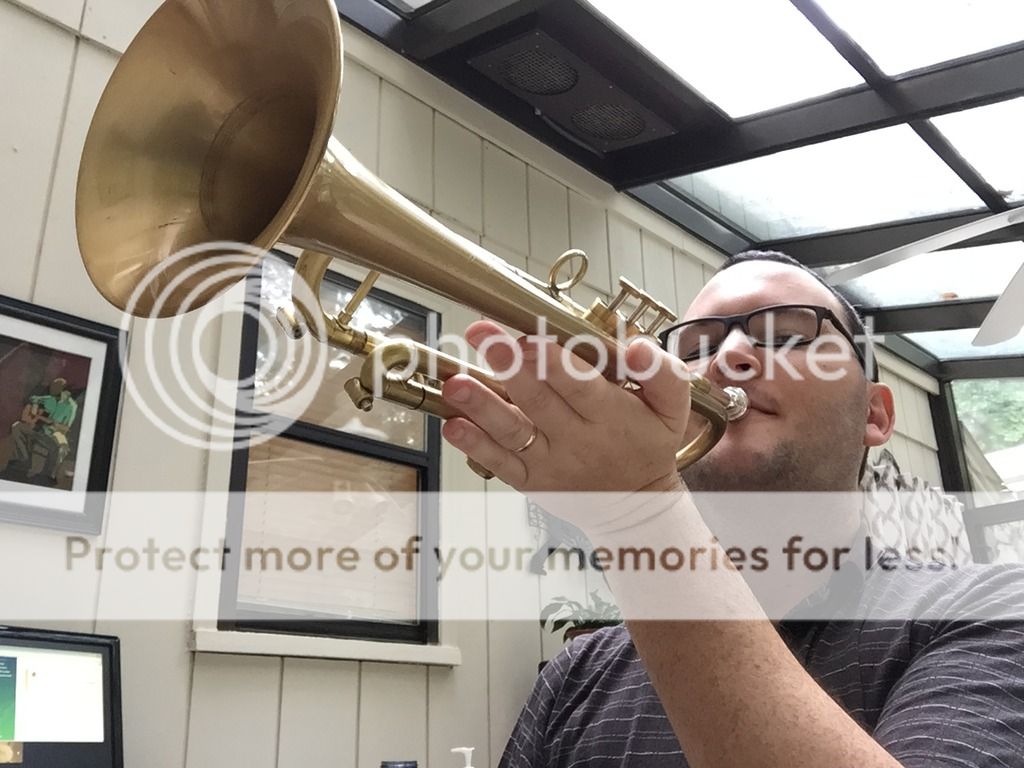James Stamp Mouthpiece Pdf
Trumpet Building Blocks Second Year. Mouthpieces—I recommend a medium to large size mouthpiece. James Stamp, Warm-Ups + Studies Roy Poper’s Commentaries on the Brasswind Methods of James Stamp *(newly required) W. Smith, Lip Flexibility on the Trumpet. The teachings of James Stamp have guided generations of players. I've created a free practice tool to help players use his ideas in their own playing.
You could do a lot worse than to study Stamp, but better would be to find a local pro who can point you in the best direction for your own embouchure. I stand to be corrected, but not all methods work for all embouchures. If you want to study Stamp, find a teacher who studied with stamp! Personally I don't think it is a universal method, but I think it is very good and will suit a lot of players. Again, without direction the best medicine becomes poison. I would say books like Carmine Caruso's Musical Calisthenics for Brass are a little more universal as theres no emphasis on mouthpiece buzzing rather on tone production. Schlossberg, Clarke, Arban also.
Have a teacher lead you in person! Click to expand. The Tera Launcher Is Unable To Update En Php. 1) My current routine is like this: Long Tones Lip Slurs Exercises from method books Pieces for my school's orchestra 2) I now use Arban and Clarke Technical Studies. I don't have the Clarke Characteristic Studies. I have the Schlossberg and Colin's Lip Flexibilities, but I don't really use them because they are too high for me. 3) I need help with consistency in my upper register and endurance, in other words being able to play the upper register without any miss. I have some bad days and good days when it comes to range and endurance. 4) I would say I have about 30 minutes of practice each day when I don't have orchestra practice.

When I do, I have about an hour to an hour and a half. I have orchestra practice days usually three days in a week.
IMO 30 minutes a day is only enough practice to maintain current level, long tones have been recommended to my over many years, no one has said how long. A good endurance builder is the 19/30s exercise, starting at third space C, descend chromatically, playing each note holding for 30 seconds and resting 30 seconds before the next, this will take 19 minutes, play pp. Canon Ir 2016 Download Standby. Orchestra rehearsal should not taken as trumpet practice, it is when you put your skills to work. How much time in orchestra is taken with listening to other sections being rehearsed?
Endurance and range have to be developed, there is no easy fix. 80% of Schlossberg's exercises are within the staff, do not be put off by the exercise going beyond your current range, just play them as far as you are able. Regards, Stuart.
Almost every trumpeter wants a more effortless upper register. The problem is that they are seldom willing to pay the price and oh, is there a cost of business! If you were my student, I would have you get the Clarke characteristic studies and the Irons Lip Flexibilities books. More important would be what you played out of them. I will go out on a limb and accuse you of mostly playing things that you already can and not spending a whole lot of time on things that you should be doing better (in the middle and low register). Think about the last 6 weeks, 10 weeks, 20 weeks.
What goals did you have and reach. Do you take notes about what works and doesn't? Does your teacher document progress? In high school I started taking notes. Some of the Clarke etudes said repeat 8 to 16 times - on one breath. I set goals of one more repeat per week (having started at 6 or 7 repeats). Sometimes in 4 weeks I got my 16 repeats.
I also double and triple tongued scales and took notes as to how fast. The Irons lip flexibilities can also be measured for quality and speed. These days almost 50 years later, I have goals with lip trills on the baroque trumpet or modal scales on my cornetto. I also set rewards for reached goals.
You see, getting better is a way of life, not a singular effort. If we don't earn an extra high note this week, a faster cleaner double tongue is also worthy. If we focus on what we can't, motivation is tougher, but the results are far greater! You see, the upper register becomes more 'effortless' when we have something musical to say there. As long as we are specialists at 'hitting' notes, the trumpet fights back. When you in your most critical moment can describe your playing as 'elegant', you probably have earned an octave more range. Better upper register is not conquered, it is massaged into shape!